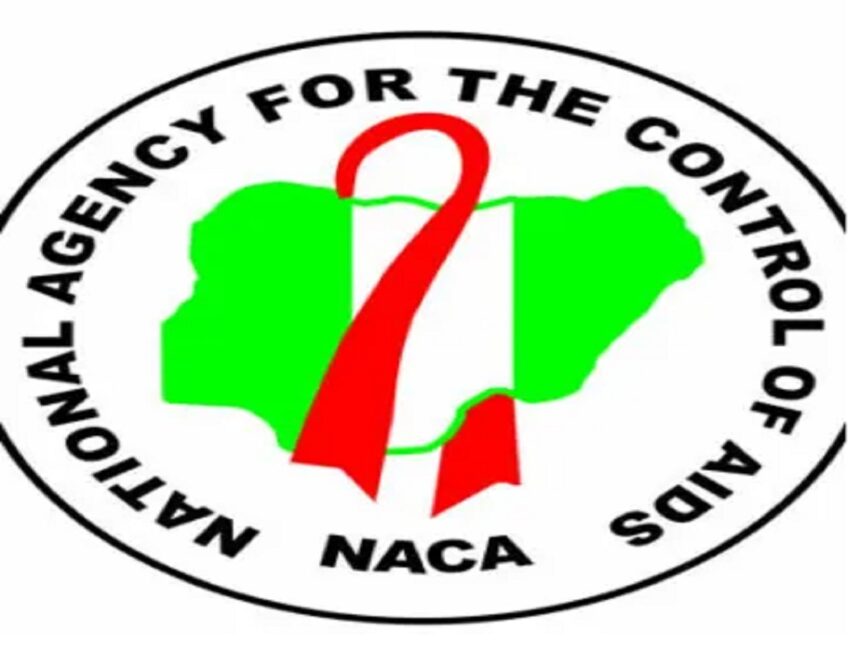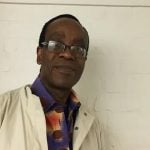THE National Agency for the Control of AIDS (NACA) Southwest zonal office said the target for its free medical outreach is to ensure more Nigerians have universal access to medical care, including HIV testing and treatment at the grassroots.
NACA’s South-West Zonal Coordinator, Mrs Abiola Adedara, made this disclosure at a one-day community PMTCT/HIV sensitization and medical outreach by the agency’s zonal office in collaboration with Oyo State Agency for the Control of AIDS (OYSACA) at the Bodija market.
Mrs Adedara said the free healthcare service, particularly for pregnant women and children, does not exempt men and youths, stressing that gone are the days that HIV kills people because there is free treatment for HIV.
She therefore urged members of the community to avail themselves of the opportunity of free medical outreach to check their health status, including HIV, malaria and blood pressure.
Coordinating director for OYSACA, Dr Wale Falana, said the ultimate target of the medical outreach was the eradication of HIV in Nigeria, and Bodija market was chosen to ensure more people in the community are reached with the free service even while at their occupation.
Dr Falana said that those found to be HIV positive were linked with HIV treatment centres and urged individuals with HIV to adhere to their medications.
According to him, “Once HIV-positive pregnant women take their drugs, their children don’t have to be HIV-positive. That is why we insisted that all women must have the HIV testing done.”
The coordinator for Ibadan North Health Local Authority, Dr Adeyemi Adewole, in a remark, declared that the outreach was in line with the Oyo State government’s effort to ensure universal health coverage through the revitalisation and upgrading of primary healthcare facilities and the recruitment of approximately 4,000 health workers across Oyo State.
Dr Adewole, however, declared that HIV testing is vital but the virus only becomes dangerous when individuals living with the virus refuse to be treated.
Oyo State Programme Officer for Network of People Living with HIV and AIDS in Nigeria (NEPWHAN) representative, Mr Seun Adebiyi, assured that the government was taking care of people living with HIV, and so HIV need not be a challenge to individuals, society and the community.
He urged individuals to repeat the HIV test every 6 months, always have protected sex using condoms, avoid sharing sharp objects like razor blades, avoid unscreened blood transfusions, and, if positive for HIV, ensure they adhere to ARV when breastfeeding.
READ ALSO: Poor health policy plunged half of African citizens into inadequate medical care — WHO
WATCH TOP VIDEOS FROM NIGERIAN TRIBUNE TV
- Let’s Talk About SELF-AWARENESS
- Is Your Confidence Mistaken for Pride? Let’s talk about it
- Is Etiquette About Perfection…Or Just Not Being Rude?
- Top Psychologist Reveal 3 Signs You’re Struggling With Imposter Syndrome
- Do You Pick Up Work-Related Calls at Midnight or Never? Let’s Talk About Boundaries







